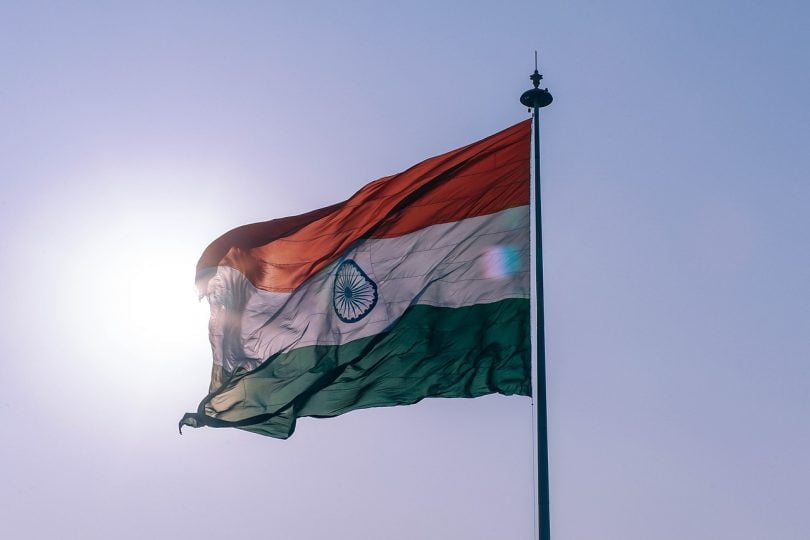Since the re-election of Narendra Modi as Prime Minister of India earlier this year, Hindu nationalist groups have been emboldened to persecute people of other faiths – particularly Indian Muslims.
Modi and Hindu Nationalism
Hindu nationalism in India is not a new phenomenon. There have been groups associated with this ideology in existence from the early 20th Century. India, of course, only became an independent state in the mid-20th Century and Hindu nationalist ideology has only become dominant since Modi’s election in 2014. The ideology is old, but its prevalence is new. This is primarily due to the recent success of Modi’s Bharatiya Janata Party (BJP). The BJP was officially founded in 1980, rose to power in the 1990s, but had not governed India from 2004 to 2014. Modi has led the BJP to two convincing election wins since.
Central to the party ideology of the BJP is “Hindutva” or “Hinduness”. The party argues that this notion concerns cultural nationalism in opposition to Westernisation, yet many critics of the party state that this idea is truly focused on making India a Hindu, rather than multi-faith, country.
“Jai Shri Ram”
Since Modi was re-elected in May of this year, the idea of “Hindutva” has become increasingly weaponised. This is not to say religious violence is new in India, yet it is certainly becoming more common. A rallying point for Hindu nationalists is “Jai Shri Ram”, which translates as “Hail Lord Ram”. This phrase is allegedly used as a call to protect cows, which are seen as holy throughout Hinduism, but is more frequently used to persecute Muslims under the pretence that Muslims are harming and killing cows.
Jai Shri Ram has led to the death of at least one Muslim and the persecution of many others. Although this religious discrimination goes against the ethos of the Indian Constitution, the BJP’s overwhelming mandate in this year’s election has given Hindu nationalist groups and individuals free roam to persecute other people of faith in the name of Hinduism.









